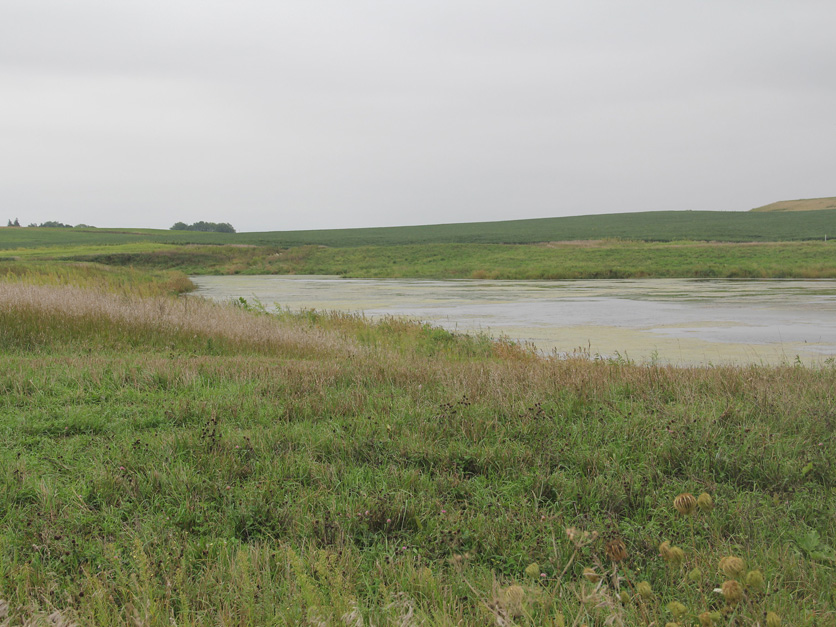The Iowa Supreme Court will hear arguments Wednesday in a lawsuit that seeks to require the state to adopt a mandatory nutrient reduction program in the Raccoon River watershed, which supplies drinking water for half a million Iowans.
The court will consider whether the Public Trust Doctrine, which has its origins in Roman law, can be used to challenge Iowa’s voluntary Nutrient Reduction Strategy, which is supported broadly by the ag community but has been strongly criticized by environmentalists for not achieving sufficient progress in reducing nutrient pollution in the state’s waters.
The case pits farmers against farmers, with major farm groups such as the Iowa Farm Bureau and associations representing corn and soybean growers and livestock operations opposing the effort, and the Iowa Farmers Union supporting Iowa Citizens for Community Improvement (ICCI) and Food & Water Watch.
“The public trust doctrine does not vest the judiciary with carte blanche, legislative authority to make sweeping policy decisions,” the farm groups said in their brief. The doctrine, they said, “is rooted in navigation and centers on access to navigable waterways [and it] does not turn the courtroom into a super-legislature where dissatisfied political advocates are entitled to a second debate on any environmental policy.”
The state’s NRS “is designed to achieve successful outcomes through public-private partnerships, rather than a command and control approach,” they said. “With substantial investment from stakeholders and government, partnerships are growing, forming, and helping improve Iowa’s water quality.”
Iowa Farmers Union, however, said the state “has failed in its duty to protect the public trust water resources for the benefit of its citizens. At the heart of this litigation is the state’s underfunded, exclusively voluntary approach to reducing nutrient loads in the State’s surface waters.”
Interested in more coverage and insights? Receive a free month of Agri-Pulse.
In its brief, ICCI says under the doctrine, the state “cannot abdicate control, or allow substantial impairment, of the Raccoon River.”
And a group of professors at Drake University Law School said “as one of the pillars of Iowa law, the Public Trust Doctrine guarantees to citizens their right to have access to unimpeded use of the state’s waters — not just for transportation, but for use, recreation and enjoyment — not least of which is access to safe drinking water.”
The litigation is still in the early stages. A Polk County district court judge last year rejected the state’s motion to dismiss the case. The state appealed that decision and the Supreme Court agreed to hear arguments on whether the case should continue.
“If we win, that means the case goes back to the district court and we actually get to proceed to try to make our case,” ICCI lawyer Brent Newell of Public Justice said last week in a webinar.
The plaintiffs are seeking an order requiring the state to adopt a Raccoon River remedial plan with mandatory agriculture and water pollution controls as well as a moratorium on new and expanding animal feeding operations in the Raccoon River watershed, he said.

Brent Newell, Public Justice
The state argued in its briefs that ICCI’s claims involve a “political question” that should not be decided by the courts.
It pointed to the court’s decision in a case where Des Moines Water Works tried to hold drainage districts accountable for pollution from tile drains. The high court ruled drainage districts are immune from suits for monetary damages.
In that case, the court “recognized … the importance of deferring to agencies with expertise in water quality on how to remedy water pollution, as opposed to ‘generalist judges,’” the state said.
Arguments are set for 9 a.m. Central Time Wednesday and will be broadcast on the court’s YouTube channel. Briefs in the case available here.
For more news, go to www.Agri-Pulse.com.


